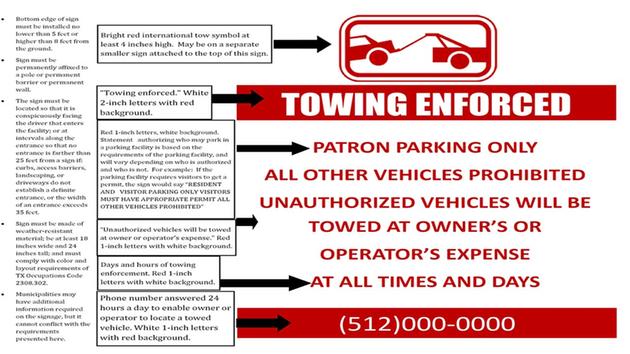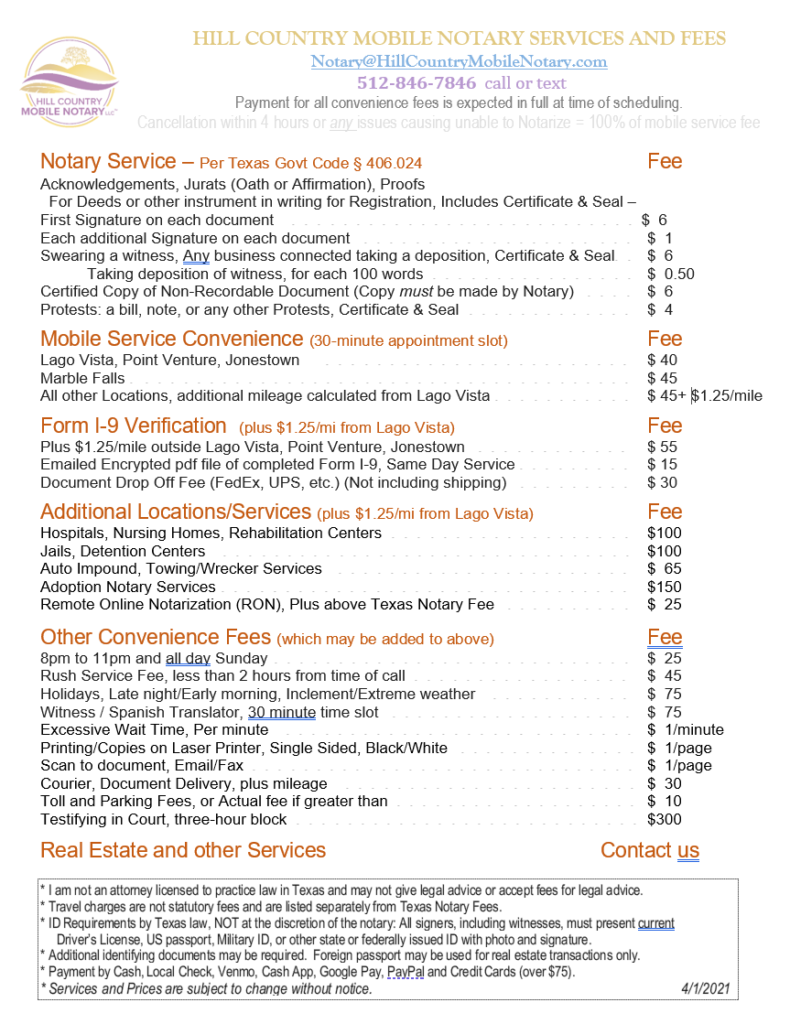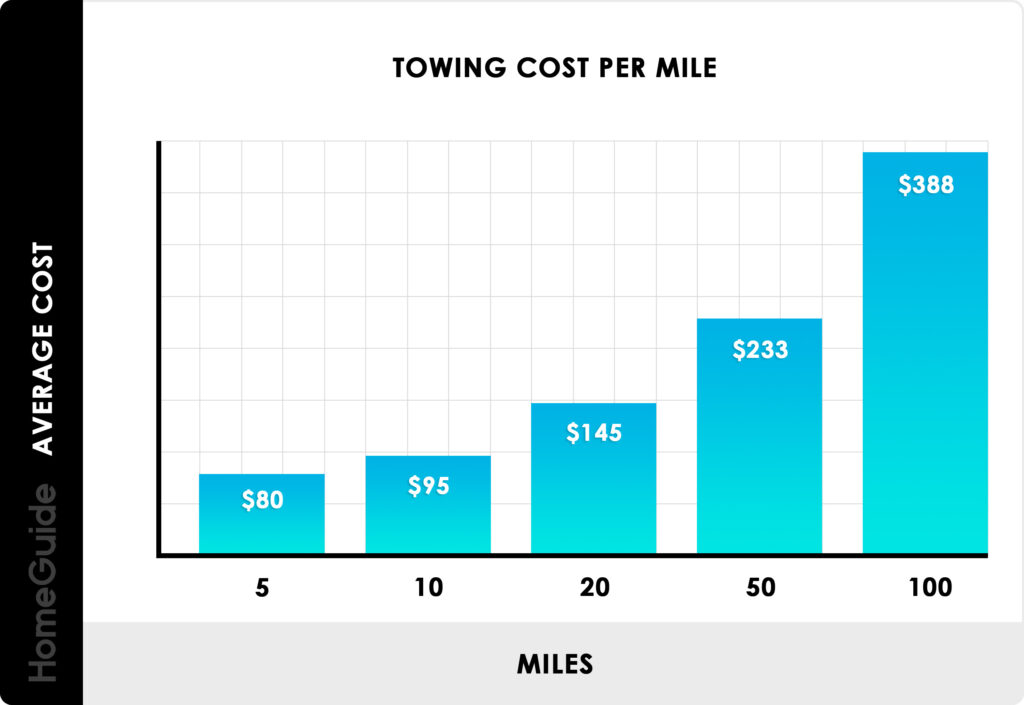If you have ever found yourself in the unfortunate situation of having your vehicle impounded in Texas, you may be wondering just how much these impound fees will cost you. Understanding the financial implications of such an event is crucial, as it allows you to plan ahead and navigate this difficult situation more effectively. In this article, we will explore the various factors that determine the cost of impound fees in Texas, providing you with valuable insights to help you navigate this challenging circumstance with confidence.

This image is property of cdn.homeguide.com.
1. Impound Fees Overview
1.1 What are impound fees?
Impound fees refer to the charges imposed on vehicle owners when their vehicles are towed and stored by authorities or private impound yards. These fees are meant to cover the costs associated with towing, storage, administrative tasks, and notification processes.
1.2 Why are vehicles impounded?
Vehicles are typically impounded for various reasons, including but not limited to parking violations, expired registration or inspection, unpaid fines or tickets, involvement in criminal activities, obstructing traffic, or being abandoned. When a vehicle is impounded, it is taken into custody by the impounding authority and transported to an impound lot for safekeeping.
1.3 Impound fees in relation to towing and storage charges
Impound fees comprise various components, including towing fees and storage fees. Towing fees are incurred for the actual act of towing the vehicle to the impound lot, while storage fees cover the cost of keeping the vehicle in the impound lot until it is retrieved by the owner. Additionally, there are administrative fees to cover the paperwork and processes involved in recording the impoundment and notifying the vehicle owner.
2. Types of Impound Fees
2.1 Towing fees
Towing fees are charged for the actual act of towing the vehicle from the location of the violation or impoundment to the impound lot. These fees can vary depending on the distance between the impound lot and the location of the violation, the type of towing equipment used, and whether the towing is performed by a public authority or a private towing company.
2.2 Storage fees
Storage fees are assessed for the duration in which the vehicle remains in the impound lot. These fees cover the cost of providing a secure facility to store the impounded vehicles. Storage fees are usually calculated on a daily basis and can vary depending on the impound lot’s location, size, and the type of vehicle impounded.
2.3 Administrative fees
Administrative fees are charged to cover the administrative tasks involved in recording and processing the impoundment. These fees encompass the paperwork, filing, and data entry necessary to document the impounded vehicle accurately. The amount of administrative fees can differ based on the impoundment authority and their established fee structure.
2.4 Notification fees
Notification fees are charged for the processes involved in notifying the vehicle owner of the impoundment. This includes sending written notices via certified mail or other approved methods to inform the owner of the impoundment and provide them with instructions on how to retrieve their vehicle. Notification fees can vary depending on the preferred method of notification and the associated costs.
3. Factors Affecting Impound Fees
3.1 Location
The location plays a significant role in determining impound fees. Different cities or counties may have established their fee structures based on local factors such as operating costs, impound lot availability, and overall economic conditions. It is essential to consider the location when determining the potential amount of impound fees.
3.2 Reason for impoundment
The reason for vehicle impoundment can also influence the fees associated with it. Some impoundments may be the result of non-compliance with parking regulations, while others may occur due to more severe violations or involvement in criminal activities. The severity of the violation may have an impact on the impound fees imposed.
3.3 Vehicle type
The type of vehicle being impounded can affect the fees charged. Larger vehicles or those requiring specialized equipment for towing may incur higher towing fees compared to smaller vehicles. Moreover, storage fees may also vary depending on the size of the impounded vehicle, as larger vehicles may require more space in the impound lot.
4. Impound Fees for Private Impound Yards
4.1 Towing fees for private impounds
Private impound yards, often contracted by businesses or residential communities, charge their own set of impound fees. Towing fees for private impounds can depend on factors such as the distance the vehicle needs to be towed, the complexity of the tow, and the specific contractual agreement between the private impound yard and the contracting party.
4.2 Storage fees for private impounds
Similarly, storage fees for vehicles impounded in private impound yards can vary. The duration of the storage, the size of the impounded vehicle, and any additional services offered by the private impound yard may influence the storage fees charged. Private impound lots generally have their fee structures established in accordance with local regulations and industry standards.
4.3 Administrative fees for private impounds
Private impound yards may also impose administrative fees to cover the costs associated with processing the impounded vehicles. These administrative fees can include paperwork, record-keeping, and notification processes similar to those in city/county impound lots. The specific amount and structure of administrative fees may vary depending on the private impound yard.

This image is property of cdns.abclocal.go.com.
5. Impound Fees for City/County Impound Lots
5.1 Towing fees for city/county impounds
City or county impound lots are typically operated by government entities and follow a standardized fee structure. Towing fees for vehicles impounded by these entities are determined based on factors such as the distance of the tow, the type of tow vehicle used, and any additional services required during the impoundment process. These fees are regulated by local ordinances and statutes.
5.2 Storage fees for city/county impounds
Storage fees for vehicles impounded in city or county impound lots are typically set by the governing authority. These fees can vary depending on the impound lot’s size, location, and the duration of the storage. Generally, these fees are calculated on a daily basis and must comply with the maximum allowable fees set by legislation.
5.3 Administrative fees for city/county impounds
Similarly, administrative fees for impounds in city or county impound lots are determined by the governing authority. These fees account for the administrative tasks involved in processing impounded vehicles, such as documentation, record-keeping, and notification processes. It is crucial to adhere to any transparency requirements established by local regulations.
6. Legislative Regulations on Impound Fees
6.1 Texas Transportation Code regulations
In Texas, impound fees are regulated by the Texas Transportation Code, specifically Chapter 683 “Vehicle Towing and Booting,” and Chapter 684 “Tow Truck Permits and Operators.” These regulations govern various aspects of impoundments, including fee structures, transparency requirements, and permissible towing practices. It is crucial for impound lot operators and vehicle owners to familiarize themselves with these regulations.
6.2 Maximum allowable fees
The Texas Transportation Code sets maximum allowable fees for various impound-related charges, such as towing, storage, and administrative fees. These maximum fees serve as a consumer protection measure to prevent excessive and unfair fees from being charged to vehicle owners. It is important to ensure that impound lots adhere to these maximum allowable fees when assessing the total impound costs.
6.3 Transparency requirements
Transparency requirements are also established by legislative regulations to ensure that vehicle owners have access to clear and accurate information regarding impound fees. Impound lots are required to provide itemized fee breakdowns, accessible fee schedules, and proper notification processes to inform vehicle owners of their rights and obligations. Compliance with transparency requirements is essential to maintaining trust and fairness in the impoundment process.

This image is property of www.hillcountrymobilenotary.com.
7. Additional Impound Fee Considerations
7.1 Redemption process
To retrieve an impounded vehicle, the vehicle owner must follow a specific redemption process, which may involve submitting necessary documents, providing proof of ownership or authorization, and settling all outstanding fees. It is important to understand the requirements of the redemption process to ensure a smooth and timely release of the impounded vehicle.
7.2 Timeframes for fee payment
Impound fees generally have specified timeframes within which they must be paid to avoid additional penalties or complications. Vehicle owners should be aware of these timeframes to avoid incurring further fees or challenges in retrieving their impounded vehicle. Prompt payment is crucial to ensure a speedy resolution and minimize any potential financial burden.
7.3 Penalty fees for late payment
Late payment of impound fees may result in penalty fees, which can further increase the overall cost of retrieving an impounded vehicle. These penalty fees are intended to encourage timely payment and ensure compliance with the impound lot’s payment policies. Vehicle owners should strive to meet payment deadlines to avoid unnecessary expenses.
8. Fee Exemptions and Waivers
8.1 Impound fee waivers
In certain circumstances, impound fee waivers may be available for eligible individuals. These waivers may be granted based on financial hardship, extenuating circumstances, or other qualifying criteria established by local regulations or impound lot policies. Fee waivers can provide relief to those facing financial challenges and are an avenue worth exploring for eligible individuals.
8.2 Eligibility criteria
Eligibility criteria for impound fee waivers can vary depending on the impound lot or the governing entity. Common eligibility factors may include proof of income, proof of financial hardship, or specific circumstances surrounding the impoundment. It is important to consult the impound lot or relevant authority to understand the specific requirements for obtaining a fee waiver.
8.3 Documentation required
To apply for an impound fee waiver, certain documentation may be required to support the claim of financial hardship or qualifying circumstances. Documentation examples may include proof of income, financial statements, evidence of government assistance, or letters explaining the extenuating circumstances. Having the necessary documentation readily available and organized can streamline the fee waiver application process.

This image is property of cdn.homeguide.com.
9. Impound Fee Collection and Resolution
9.1 Payment methods
Impound lots typically offer various payment methods to facilitate the collection of impound fees. Common payment methods include cash, credit or debit cards, money orders, or personal checks. Some impound lots may also provide online payment options for added convenience. Vehicle owners should inquire about the accepted payment methods to ensure they can settle the fees promptly and efficiently.
9.2 Dispute resolution
In the event of a dispute regarding impound fees, vehicle owners have the right to seek resolution. Dispute resolution processes may involve filing a formal complaint, providing evidence supporting the dispute, and engaging in discussions or negotiations with the impound lot or relevant authorities. Being familiar with the dispute resolution mechanisms available can help vehicle owners advocate for their rights and resolve any issues that may arise.
9.3 Collections and credit reporting
Unpaid impound fees can potentially lead to collections efforts and negative impacts on credit reports. It is crucial for vehicle owners to fulfill their financial obligations promptly to avoid any legal or credit-related repercussions. Failure to resolve outstanding impound fees can result in additional fees and potential complications in the future.
10. Impound Fee Comparison Across Texas Cities
10.1 Houston
Impound fees in Houston, Texas, can vary depending on the impounding authority and the specific circumstances of the impoundment. Vehicle owners in Houston should consult the Houston Police Department or other relevant agencies for detailed information on the fee structure and payment requirements.
10.2 Dallas
Dallas, Texas, also has its own fee structure for impound-related charges, including towing, storage, administrative fees, and any applicable penalties. Vehicle owners in Dallas should contact the Dallas Police Department or the Dallas Municipal Court for comprehensive information regarding impound fees.
10.3 San Antonio
San Antonio, Texas, follows its own regulations and fee schedule regarding impound fees. The San Antonio Police Department or other relevant authorities can provide vehicle owners with the specific fee structure, payment options, and any available exemptions or waivers.
10.4 Austin
In Austin, Texas, impound fees are regulated by the Austin Police Department and may vary depending on the impound lot utilized and the impoundment circumstances. Vehicle owners in Austin should reach out to the Austin Police Department or visit the City of Austin website for detailed information on impound fees and processes.
In conclusion, impound fees in Texas can comprise towing, storage, administrative, and notification fees. The amount of fees can be affected by factors such as location, reason for impoundment, and vehicle type. Private and city/county impound lots have their own fee structures and administrative processes. Legislative regulations set maximum allowable fees and transparency requirements. Vehicle owners should familiarize themselves with impound fee exemptions, payment methods, and dispute resolution processes. It is also beneficial to compare impound fees across different Texas cities to gain a comprehensive understanding of the fee structures and processes involved.

This image is property of dmn-dallas-news-prod.cdn.arcpublishing.com.
